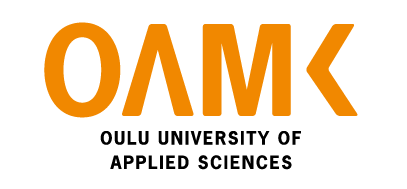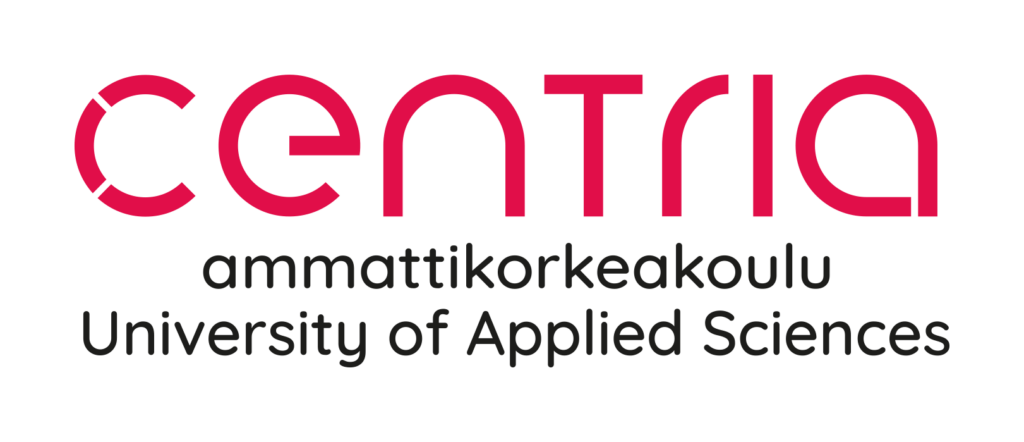
Highway to ICT
1 January 2024 - 31 August 2026
Information and Communication Technologies
Background
Highway to ICT -project offers low starting threshold education regarding Information and Communication Technology (ICT). The training is provided by collaboration of three applied sciences universities. The education provided by the project enables students to seek employment in different fields of ICT and allows orientation to further studies and supports originating new businesses.
The target group for the project are the unemployed or those under the threat of unemployment, with particular attention paid to young people. However, everyone interested in learning new skills in ICT and those interested in re-education can apply. Special target groups are fields of structural change such as people who have worked or are currently working in fields involving the peat industry. The national aim to reduce carbon dioxide emissions has decreased the usage of peat in energy production and impacts employment prospects in peat industries. The change generates a demand for re-education. This way, transitioning to new professional responsibilities will be more straightforward. In the peat industries, expertise among workers can be highly specialized, requiring the acquisition of new skills for re-employment. The same applies to many other sectors grappling with structural changes.
The project addresses the problem regarding lack of skilled workers in the ICT sector, and ICT expertise also opens employment opportunities in many other fields. For instance, in the energy sector, IT skills are valuable for utilizing energy management systems, streamlining processes, and analysing data.
The training provided by the project does not require applicants to have prior ICT skills or a broader educational background beyond primary school, enabling participation from a wide range of individual backgrounds as well as promoting equality. Previous work experience or educational experience outside the ICT sector is an asset that enables novel innovation and user-centred product development.
Objectives
The aim of the project is to provide re-training and guide new talents into the ICT sector, thereby enhancing its attractiveness while promoting vocational and regional mobility. The training generates core expertise that not only facilitates employment but also supports entrepreneurship in the ICT sector. Participants in the training can “try out” whether the ICT sector suits them without long-term commitment.
Furthermore, the goal is to develop the teaching content of universities to meet the needs of the working life by increasing education that is related to modern technologies such as low-code programming. Alongside the teaching content, the pedagogical aim is to promote education that supports continuous learning that is independent from time and place, as well as supporting guidance practices for internships.
The aim is to continue collaboration with the stakeholders after the project as well as to offer the courses developed during the project on platforms that support lifelong learning.
Measures
The project implements a 45 ECTS training program for its participants. The education content includes for example software testing, low-code and no-code skills, and ICT business. Additionally, an orientation course is provided at the beginning of the training. At the end of the training, all students should complete an internship in the field of ICT. The sequence and credits of the courses are as follows:
- Study techniques and ICT skills, 5 credits
- Project management and teamwork, 10 credits
- Low-code and no-code development, 10 credits
- Fundamentals and methods of software testing, 10 credits
- Internship training, 10 credits
The planning of project activities considers strategies for smart specialization, green economy job opportunities, and innovations in green technology, along with the new business prospects they entail.
Stakeholders
The project is coordinated by Oulu University of Applied Sciences. Lapland University of Applied Sciences and Centria University of Applied Sciences act as collaborating parties.
Funding
This JTF project is funded by the Centre for Economic Development, Transport, and the Environment (ELY centre).


